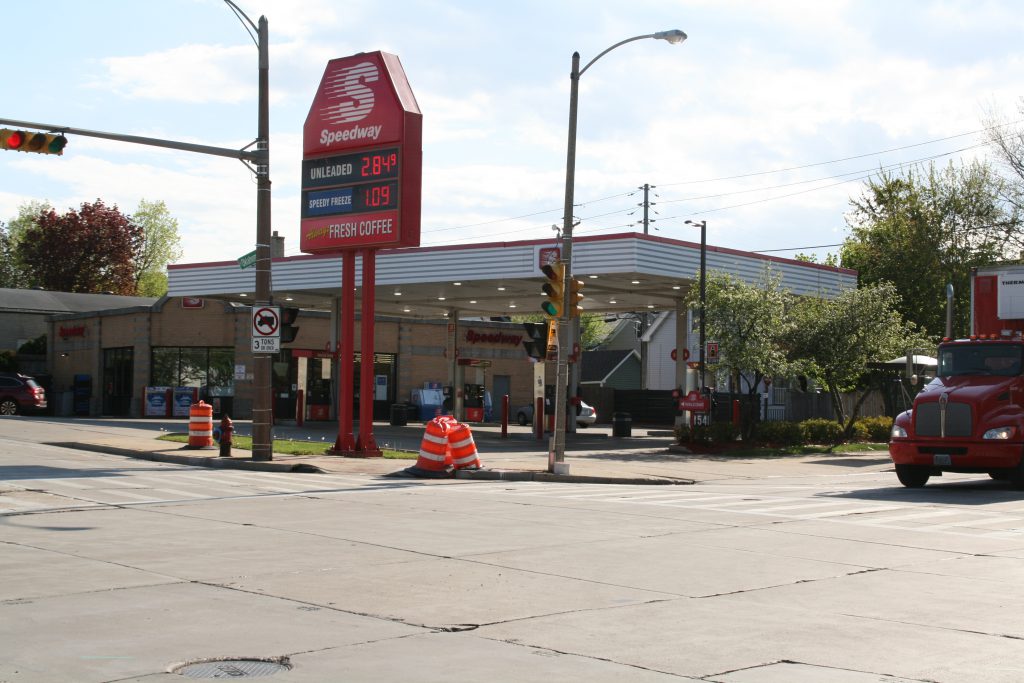The Economics of Gas Stations
All the city news you can use.
Every day at The Overhead Wire we sort through over 1,500 news items about cities and share the best ones with our email list. At the end of the week, we take some of the most popular stories and share them with Urban Milwaukee readers. They are national (or international) links, sometimes entertaining and sometimes absurd, but hopefully useful.
America and the new pedestrian mall: As people begin going back to cities post-pandemic, officials will be deciding how to move forward with all of the open streets they created for social distancing. To keep them, there are lessons to learn from pedestrian malls from the 70s and 80s, most of which failed to stay closed to cars. They need to be in places with higher density, with a younger population, and longer isn’t necessarily better. (Stephan Schmidt | Bloomberg CityLab)
Do we really need 500K chargers?: Electric car proponents are arguing that we need 500,000 chargers to entice people to purchase electric cars and get over range anxiety. But Aaron Gordon argues that thinking is for a world that supposes we refuel vehicles as we had before. This however is not the case for most electric car owners who charge their cars at home, not at a fueling station. There should be targeted investments for longer trips, but it might just be we’re wasting money on infrastructure that might not be needed. (Aaron Gordon | Motherboard)
Climate change’s big impact on banks: A new report from sustainability nonprofit Ceres states that climate change is a greater risk to bank solvency than the subprime mortgage crisis. But unlike the subprime mortgage crisis, it’s much harder for banks to divest from climate threatened assets, especially in small communities that can get hit by one disaster. Banks however can prepare by using the same risk assessments that insurance companies are starting to employ. (Saul Elbein | The Hill)
Time to dismantle the residential caste system: State and federal policies have perpetuated segregation in neighborhoods for decades and many current policies perpetuate these gaps by pitting poor versus rich for resources. Georgetown Law professor Sheryll Cashin argues that this has created a residential caste system that allows for geographic based politics that divide rather than unite. It is also an opportunity to identify places that need support and investment. (Sheryll Cashin | Politico Magazine)
Quote of the Week
Parisian public space is rare, precious, and very useful. It belongs to everyone and it can’t be captured by one unique usage, which is the automobile. Today, still, 50 percent of public space in Paris is consecrated to the car, whether it’s on the road or parked. That represents just 10 percent of trips.
-Paris’ adjunct mayor for transportation and public space, David Belliard discussing how Paris has taken space back for people in Slate.
This week on the podcast, Professor Leslie Kern joins the show to talk about her book Feminist City.
Want more links to read? Visit The Overhead Wire and signup.





















How come the Milwaukee Riverwalk is blocked off at the Boat House? It used to be open, but a few months ago chains went up at both the north and south stairs